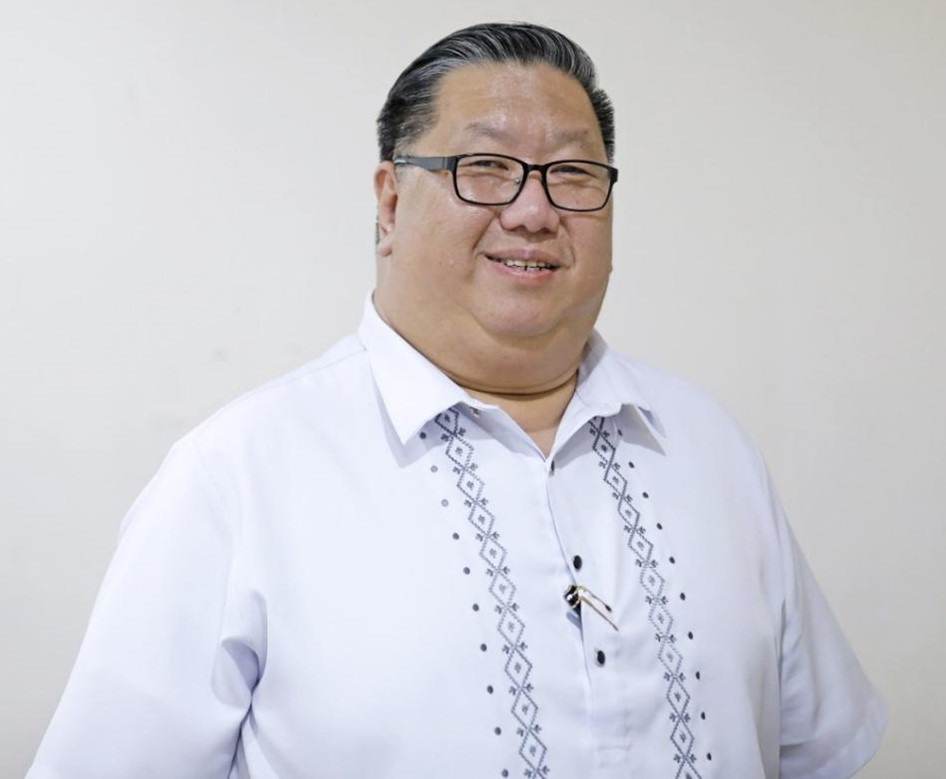FRESH VIEWPOINTS: A NEW PERSPECTIVE
By Brian James Lu
Need for people-to-people ties among nations
Share
The conflict between the Philippines and China took a different turn when a local government official stated that there were 4,600 Chinese students enrolled in a private university who had rented homes in various locations in Tuguegarao City. Worse, the alleged influx of Chinese students is in areas close to Enhanced Defense Cooperation Agreement (EDCA) sites. This prompted Filipino-Chinese civic leader Teresita Ang See to caution officials about their statements, as they were triggering Sinophobia and racism. She said that branding some of the students as spies is dangerous and unfortunate. According to Ang See, negative news, such as the exaggerated influx of Chinese students, is further turning the waters into a potentially dangerous tsunami.
The report of 4,600 Chinese students turns out to be false, as there are only 486 enrolled in a private university in Tuguegarao City. Moreover, the Commission of Higher Education (CHED) only authorized the private university to accept foreign students in that area. There were also reports that Chinese students were taking their classes online. Perhaps they are in the comfort of their homes in China since the weather in Cagayan and the rest of the country is getting hotter.
So now, the intelligence community is scrambling to verify if these students are indeed an imminent danger to national security. Regrettably, no official reports are available at this time. Perhaps, Congress will conduct its own investigation.
It is right for our government to be wary of its national security during the escalating tension in the West Philippine Sea (WPS). The incursion of Chinese ships in the exclusive economic zone (EEZ) of the Philippines is indeed alarming, considering that the United Nations Convention on the Law of the Sea (UNCLOS) has favored the Philippines.
It is also right for Ang See, who is a respected leader of the Filipino-Chinese community in our country, to condemn Sinophobia and racism toward Chinese students. This could spread to Chinese communities and endanger the lives and limbs of Filipino-Chinese families.
The Chinese's history in the Philippines is as old as the country itself. The Chinese began their trade in the Philippines (the archipelago was not yet known as the Philippines) at the turn of the 10th century. Over the centuries, trade expanded to such an extent that Manila established the world's first Chinatown in 1594. In fact, many Filipino leaders, including revolutionary heroes, were of Chinese descent.
In the midst of all the geopolitical pressures, there is currently an initiative among Filipino and Chinese people to cushion the tension of Filipino-Chinese misunderstandings. While the Filipino and Chinese governments may have a diplomatic mix-up, this does not preclude their citizens from forging partnerships and relationships to strengthen their ties. People-to-people relations must prevail despite the current geopolitics.
I am enthralled that the Association for Philippines-China Understanding (ACPU) is stressing the importance of more people-to-people exchanges to bolster friendly ties among Asian countries.
ACPU chairperson lawyer Raul Lambino emphasized this call during a delegation visit to the Philippines from Leshan City in Sichuan province. He stated that people-to-people relationships are one of the pillars of stronger diplomatic relations among nations. The APCU is also at the forefront of building bridges of friendship and cooperation between the Philippines and China, as well as among members of the Association of Southeast Asian Nations (ASEAN). Moreover, APCU is also involved in forging ties among schools, local governments, chambers of commerce, and cultural and civic organizations.
Fostering people-to-people relations among nations promotes mutual respect, cooperation, and solidarity, laying the foundation for a more interconnected and harmonious world.
From my experience in fostering relationships with other nationals overseas, we are able to learn about each other’s customs, traditions, languages, and values, which can help bridge cultural gaps and reduce misunderstandings. There is also a desire for people to promote peace by deepening their understanding of each other. Positive interactions among people contribute to building trust and empathy. These are essential to maintaining peaceful relations between nations. I believe that when people develop connections across borders, they are less likely to resort to hostility and conflict. With today’s technology, the world has become borderless, and people across the globe can connect easily.
My business experiences also taught me that people-to-people relationships promote economic benefits because trade, investment, and tourism between nations can flourish. Personal connections often lead to business partnerships, job opportunities, and increased economic cooperation among people. Business organizations are taking the initiatives to visit their counterparts abroad to explore partnerships at various levels. Aside from development projects, they also promote humanitarian aid efforts in times of disaster.
Indeed, we need more initiatives from people around the world to foster friendly relations among themselves. Forging relationships among peoples should be the norm in a world of uncertainty.
Editor’s note: The opinions expressed in the foregoing article are solely the author’s and do not reflect the opinions and beliefs of the Philippine News Agency (PNA) or any other office under the Presidential Communications Office.
Comments
About the Columnist

BRIAN JAMES J. LU, MMgt, is an entrepreneur, business adviser, government consultant, and is deeply involve in civil society organizations. He advocates good governance, ethical business practices, and social responsibilities. He is the President of the National Economic Protectionism Association (NEPA) and Chairman of the Foundation for National Development (Fonad). His broad experiences in the private and public sectors give him a unique perspective to advance his advocacies.
